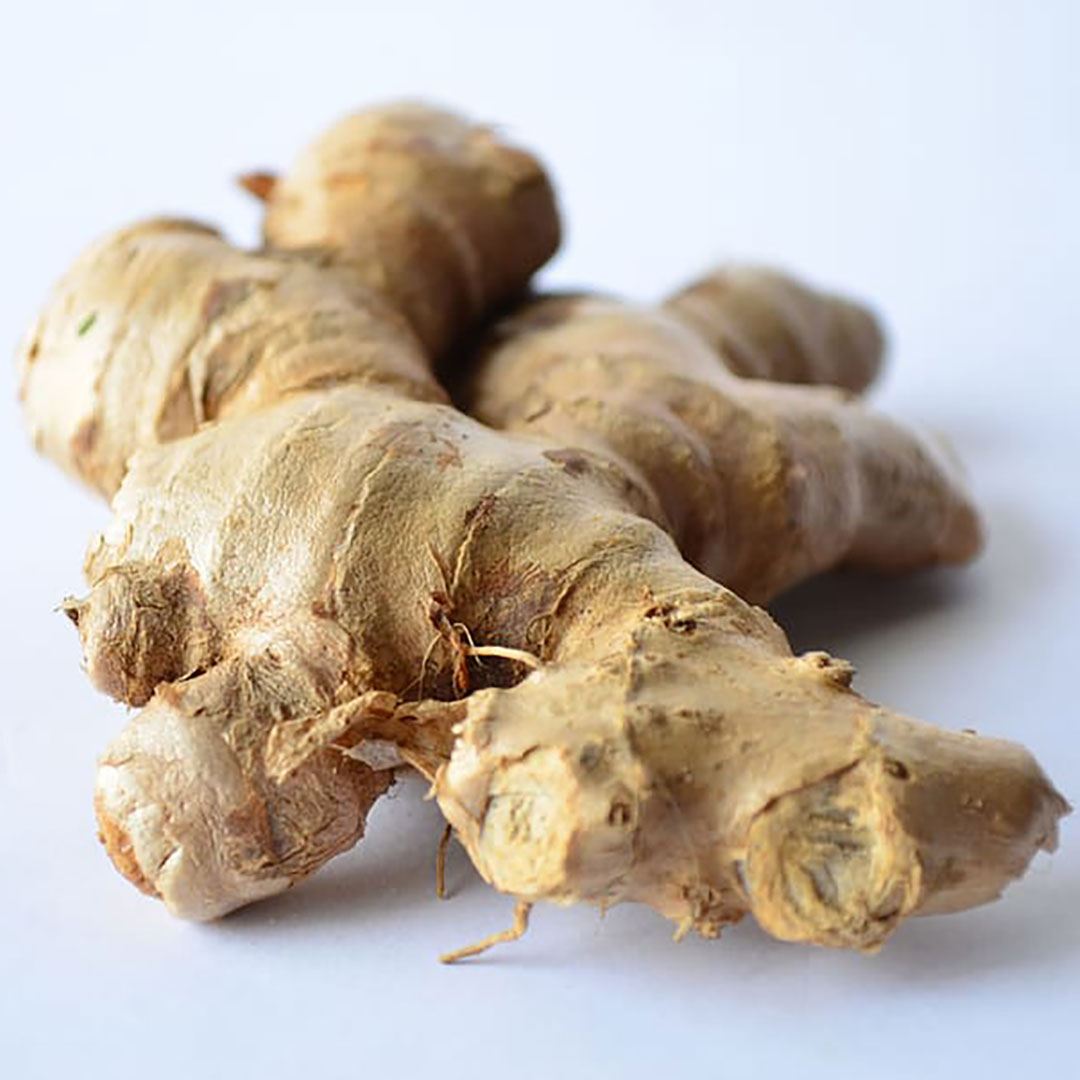Health Benefits of Ginger

What is Ginger?
Ginger (zingifer officinale) is a type of root plant that belongs to the ginger family, has yellow-red flowers and dates back to ancient times. It grows in tropical and semi-tropical climate regions of the Asian continents. Ginger is a medicinal plant that is used for many health problems today. It is also added to dishes as a flavoring spice.
There are approximately 150 components in ginger. This plant consists mainly of essential oils; It is rich in vitamins and minerals such as vitamin C, calcium, magnesium, iron, potassium, phosphorus and sodium.
In 100g Ginger:
- 80 kcal
- 17.8g carbohydrates
- 2.0g fiber
- 1.8g protein
- 0.8g fat
- 13 mg sodium
- 415 mg potassium
- 16 mg calcium
- 0.6 mg iron
- It contains 5 mg of vitamin C.
Health Benefits of Ginger
Benefits on the Stomach and Digestive System
Studies have shown that ginger is very effective against indigestion and stomach bloating.
In addition to stomach aches, it relieves intestinal disorders and helps prevent constipation, gas and diarrhea, thanks to the phytochemicals it contains.
Thanks to its digestive properties, Ginger activates the body's natural detox process by eliminating waste and toxins from the body.
It eliminates intense nausea and vomiting experienced after chemotherapy and during pregnancy.
Ginger has a soothing effect on ulcers and reflux.
Heart Health Benefits
Ginger reduces the risk of heart disease thanks to its LDL cholesterol (bad cholesterol) lowering feature.
It has been observed that regular use of ginger regulates blood circulation and prevents fat accumulation in the veins. Thus, it reduces the risk of stroke and heart attack.
Ginger also has blood sugar balancing properties. Therefore, ginger consumption is recommended in Type 2 diabetic patients to control blood sugar and reduce insulin.
Benefits to the Immune System
Thanks to its vitamin B6 and C content, ginger supports immunity and accelerates the body's response to infection.
Ginger, which has antiseptic (anti-inflammatory) properties, is also effective against stomach and intestinal infections.
Benefits for Respiratory Diseases
Ginger prevents the occurrence of colds and supports its treatment.
Thanks to its antiviral properties, it is effective against viruses that can cause upper respiratory tract diseases.
Benefits for Muscle and Joint Pain
Ginger fights menstrual cramps and post-exercise muscle pain by acting on the cells in the nerve endings.
The anti-inflammatory effect of ginger helps reduce pain in the joints caused by osteoarthritis.
Things to Consider When Using Ginger
- Ginger, which is recommended to be used at a maximum of 3-4 grams per day, may cause heartburn and skin rash if consumed above this amount.
- Pregnant and lactating women should consume ginger under the supervision of a doctor. Excessive ginger consumption may increase the risk of miscarriage during pregnancy.
- Excessive consumption of ginger causes intestinal obstruction and triggers the formation of gallstones.
- A physician should be consulted before consuming ginger in children under 2 years of age.
- Ginger should not be consumed in patients using anticoagulant drugs such as Coumadin. Ginger may negatively affect treatment by changing blood clotting time.
What is Ginger?
Ginger (zingifer officinale) is a flowering plant with flowers of yellow and red colour. This plant belongs to the ginger family and dates back to very ancient times. It grows in tropical and semi-tropical regions of Asian continents and is utilised as a medicinal herb for many health problems. Also, it is used for flavoring in cooking.
Ginger contains about 150 components, mainly of essential oils. It is also rich in vitamins and minerals such as vitamin C, calcium, magnesium, iron, potassium, phosphorus and sodium.
100g Ginger contains:
- 80 kcal
- 17.8 g carbohydrate
- 2.0g fiber
- 1.8g protein
- 0.8g fat
- 13 mg sodium
- 415 mg potassium
- 16 mg calcium
- 0.6 mg iron
- 5 mg vitamin C
Health Benefits of Ginger
Stomach and Digestive System
Research has shown that Ginger is highly effective against indigestion and stomach bloating.
In addition to stomach pains, it eliminates intestinal disorders due to its phytochemical content, which helps prevent constipation, gas and diarrhea.
The digestive properties of ginger activates the body's natural detox process by removing waste and toxins from the body.
It helps prevent the intense nausea and vomiting that occurs post-chemotherapy and during pregnancy.
Ginger helps reduce reflux symptoms and is effective in preventing ulcers.
heart health
Ginger reduces the risk of heart disease due to its LDL cholesterol (bad cholesterol) lowering properties.
Regular ginger consumption has been shown to regulate blood circulation, preventing the accumulation of fat in the veins. Thus, it reduces the risk of stroke and heart attack.
Ginger also helps with stabilization of blood sugar levels. Therefore, consumption of ginger is recommended in patients with Type 2 diabetes in order to maintain blood glucose and reduce insulin.
Immune System
Ginger contains vitamin B6 and vitamin C, which helps promote immunity and accelerate the body's response to infection.
Ginger has antiseptic properties and is also effective against stomach and intestinal infections.
respiratory diseases
Ginger prevents the formation of colds and provides support for its treatment.
Ginger has antiviral properties which makes it is effective against viruses that can cause upper respiratory diseases.
Muscle and Joint Pain
Ginger acts on the cells at nerve endings and reduces menstrual cramps and muscle aches that occur after exercise.
The anti-inflammatory properties of ginger aids reduce pain in the joints which occurs as a result of osteoarthritis.
Considerations When Using Ginger
- Ginger is recommended to be consumed to a maximum of 3-4 grams per day. If it is consumed above this amount, it can cause heartburn and skin rashes.
- Ginger should be consumed under control of the doctor in pregnant and lactating women. Excessive consumption of ginger can increase the risk of miscarriage during pregnancy.
- Excessive consumption of ginger can cause intestinal obstruction and trigger formation of gallstones.
- In children under 2 years of age, consultation with a doctor is necessary before consuming ginger.
- Ginger should not be consumed in patients who are using anti-coagulant drugs such as Coumadin. Ginger can adversely affect treatment by changing the rate of blood clotting.

















